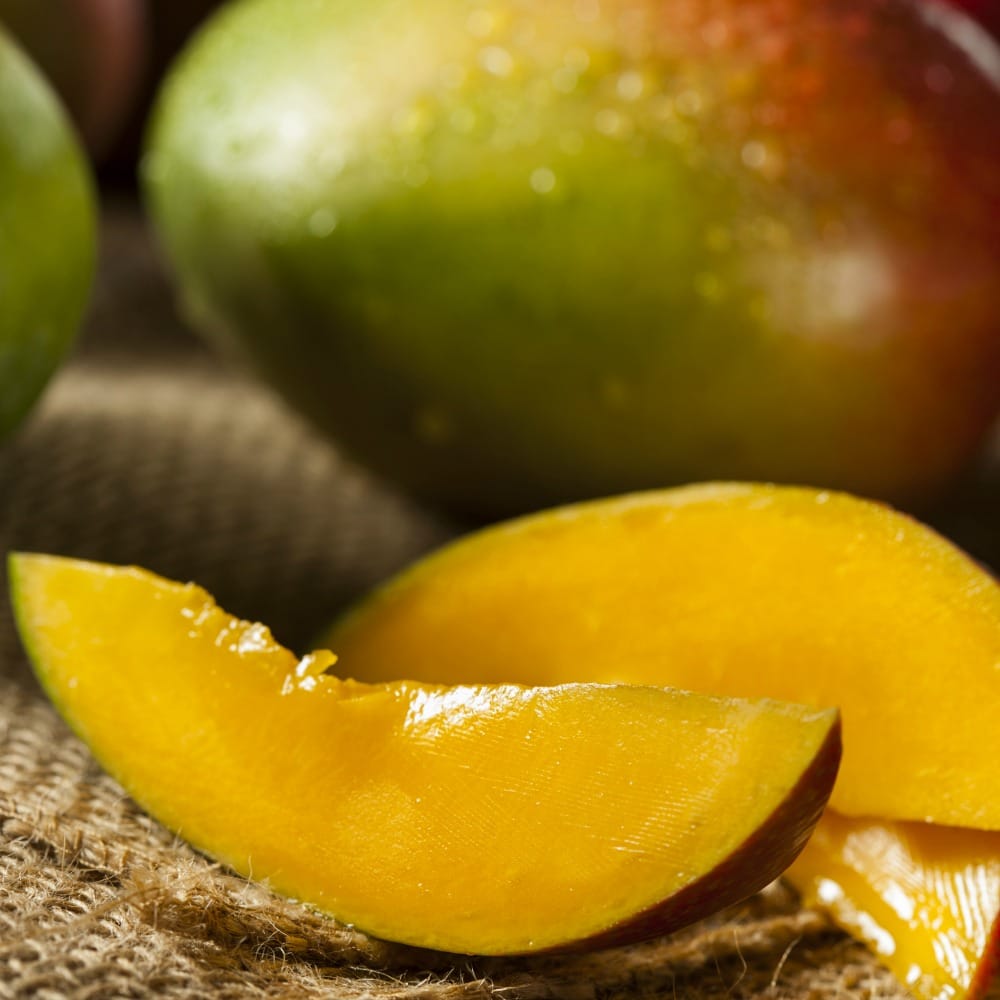Researchers from Texas A&M University have uncovered proof that eating mangos may help those suffering from inflammatory bowel disease manage their condition. The study, from the school’s Department of Nutrition and Food Science, was led by Dr. Susanne Talcott, a research scientist at the university.
Inflammatory Bowel Disease and Colorectal Cancers
Inflammatory bowel disease (IBD) is a condition that causes painful swelling in portions of the digestive tract. According to the Mayo Clinic, symptoms of the condition include severe diarrhea, weight loss, pain, and fatigue. Crohn’s Disease and ulcerative colitis are two types of inflammatory bowel disorders. It is estimated that 1.5 million Americans and 2.2 million Europeans suffer from inflammatory bowel conditions.
Those who suffer from the condition are more likely to develop certain cancers in the digestive tract. Inflammatory bowel diseases leave scars and lesions that collect bacteria. Over a period of 10 to 15 years, these bacteria can cause mutations that develop into cancerous growths. According to the American Cancer Society, 134,490 new cases of colorectal cancer were diagnosed in 2016. These new cases will be directly responsible for 49,190 deaths.
Controlled Clinical Trial
Previous studies have shown that consuming plant compounds reduces the inflammatory response in people with chronic conditions like heart disease and certain cancers. Dr. Talcott’s team developed a human trial to test the effectiveness of plant compounds known as polyphenolics on IBD sufferers. Mangos contain a type of polyphenolic called gallotannin. When eaten, these large molecules are broken into smaller groups by intestinal bacteria. These smaller molecules can then be absorbed and used by the body.
For the clinical trial, Dr. Talcott’s team evaluated the medical records of over 300 potential participants between the ages of 18 and 79 with Crohn’s Disease or ulcerative colitis. Those who smoked more than one pack of cigarettes each week, were pregnant or lactating, had known gluten sensitivities, or suffered from chronic health conditions were excluded. The team also ruled out those who were planning or already had surgical procedures to treat their bowel conditions and those who had an active bowel infection. Twenty participants were ultimately chosen. Fourteen completed the full trial.
To help participants adjust to the increase in dietary fiber, the amount was slowly increased over the first week of the study. By the end of the trial, the participants were consuming 200-400 grams of frozen Keitt mangoes 2 to 3 times per day. Participants were given the freedom to adjust their dosage to accommodate digestive issues. Participants were required to document their daily mango intake during the 8-week study.
The Effects of Mango Consumption on IBD
After the 8-week period, participants displayed a significant reduction in symptoms. Lab tests confirmed a large decrease in inflammation and biomarkers that indicate developing cancers. There was also an increase in beneficial bacteria and fatty acids in the digestive tract.
Further research is needed to understand if the positive results are due to the improvement of intestinal flora. However, the trial does prove that consuming foods rich in polyphenols, in conjunction with conventional treatments, can reduce the severity of IBD-related conditions.




